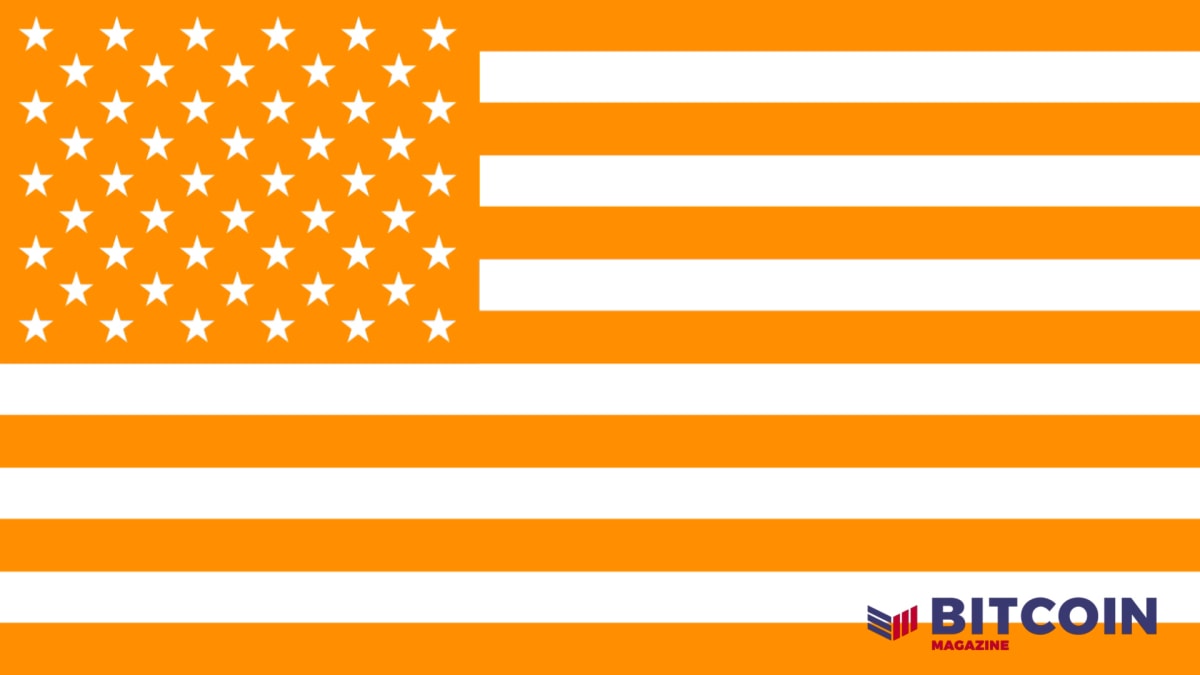
Coinbase has been facing pressures that have led to the CEO stating it may be forced to go international.
Coinbase is considering establishing itself in another country should the United State’s negative regulatory stance on Bitcoin and cryptocurrencies continue, according to CEO Brian Armstrong.
“I think if a number of years go by where we don’t see regulatory clarity emerge in the US, we may have to consider investing more in other regions of the world,” Armstrong reportedly said in response to a question at a fintech conference Tuesday.
In March, it was reported that Coinbase had been in talks with investors and other interested parties about potentially launching an overseas exchange. The largest cryptocurrency and Bitcoin exchange by volume based in the United States, Coinbase has faced mounting regulatory pressures and challenges.
The company was recently forced to pay $100 million in fines based on regulatory findings that stated Coinbase had heightened risk of illegal activity. In addition, Coinbase recently stated that it may face SEC charges due to potential violations of securities laws. The company has highlighted its trepidation in blog posts that describe how “1 million tech jobs [are] at stake in [the] US due to regulatory uncertainty.”
While some U.S. states are actively seeking to protect Bitcoin and the right to mine bitcoin, other legislative bodies see the need for increased regulatory scrutiny and legislation.
Coinbase is not the only major exchange within the cryptocurrency industry to face penalties in scrutiny. Recently, the largest exchange by volume in the world, Binance, and its CEO Changpeng Zhao, were sued by the CFTC after alleged regulatory transgressions. This followed American exchange Kraken’s settling with the SEC in regards to failure to register the exchange’s staking product.
The industry will likely continue to face increasing scrutiny in the United States as it grows bigger, leading to tough decisions for businesses that seek to capitalize on the wealthy American market, but must comply with American regulations.










